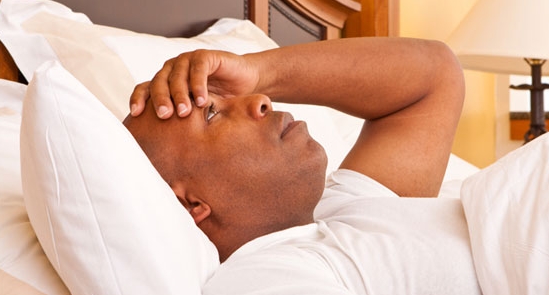Today’s face-paced world, it is not uncommon to stay up late into the night to work, study or just have fun. Nonetheless, not getting enough sleep is harmful in ways substance abuse can rival. Here are ill effects of not getting enough sleep (sleep deprivation) that should make you start thinking of revising your sleeping pattern.
Sleep Deprivation effects
Mental Well-Being
Not getting enough sleep is linked to poor mental health. Insufficient sleep leads to moodiness, short-temper, stress and general irritability. Long term sleep deprivation may lead to serious mental conditions like anxiety and depression.
Medical Conditions
Insufficient sleep changes how the body processes glucose, making one susceptible to type 2 diabetes. Prolonged lack of sleep is linked with an increase in heart rate and blood pressure. This strains the heart and can lead to heart disease.
Health researchers link insufficient sleep with a decrease in leptin (the hormone that makes us feel full) and an increase in ghrelin (the hormone that makes us feel hungry). Hence, people who get less sleep are more likely to gain weight than those who sleep enough.
Low Immunity
During sleep, certain cells of the immune system release cytokines; which are substances that help in regulation of innate and adaptive immune response. Lack of enough sleep disrupts the immune system and hampers release of cytokines, making it difficult for our bodies to fight trauma, inflammation and infections.
How to Get More Sleep
Experts recommend an average of about seven to eight hours of sleep for an healthy adult and 9 to 13 hours for children (depending on age). Transition from sleeping less to getting enough sleep will not happen overnight. You will need to train your body gradually. Start by reducing factors that keep you awake late into the night. There are several measures you can take to better your sleeping pattern, here are a few to get you started:
- Carry less work home or avoid carrying any altogether, if you can.
- Avoid caffeinated beverages in hours leading to bedtime.
- Get to bed an hour or two earlier than usual.Negative Effects of Insufficient
- Keep your phone, tablet or laptop away from your bedside.
- Take a glass of warm milk a few minutes to bed.
- Get professional intervention for disorders like sleep apnea.
[irp]
PS: We are all wired differently and what works for others may not work of you. It is all about experimenting and finding the best fit.


Leave a Reply